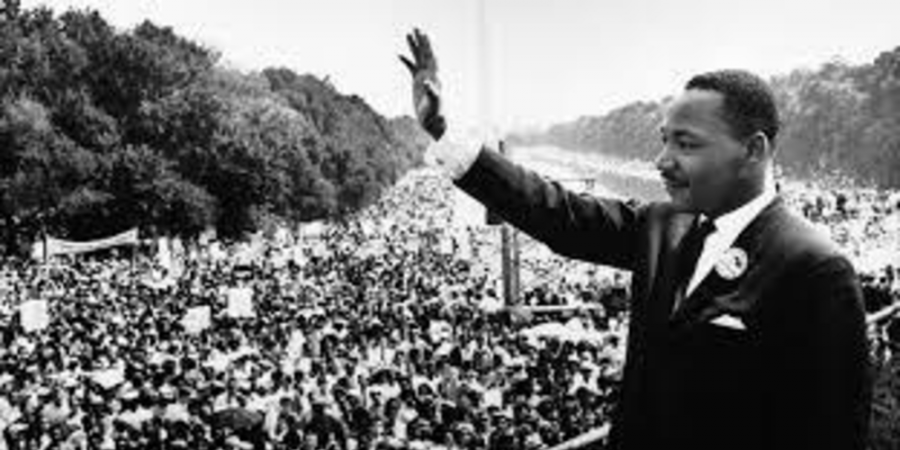

Martin Luther King Jr.'s speech, delivered during the March on Washington for Jobs and Freedom on August 28, 1963, stands as a defining moment in the history of the civil rights movement. Commonly referred to as the "I Have a Dream" speech, it transcended its immediate context to become an enduring symbol of the struggle for equality, justice, and freedom.
The speech was delivered on the steps of the Lincoln Memorial in Washington, D.C., before a crowd of over 250,000 people. This gathering was a monumental event, uniting people across racial and socioeconomic lines to demand civil and economic rights for African Americans. At the time, the United States was deeply divided by racial segregation and systemic discrimination, particularly in the South.
The March on Washington was organized to pressure lawmakers to pass civil rights legislation, including the Civil Rights Act, which was still under consideration. Against this backdrop, Martin Luther King's speech captured the urgency of the moment while offering a vision of hope and unity.
King's speech is remarkable for its emotional resonance, rhetorical brilliance, and moral clarity. Divided into two key sections, the first half outlines the injustices faced by African Americans, likening their plight to a defaulted promissory note of freedom and equality promised by the founding fathers. King skillfully used metaphors and historical references to illustrate the deep disparities in American society.
The second half of the speech shifted to a prophetic and aspirational tone. The repeated phrase "I have a dream" painted vivid images of racial harmony, equality, and justice. His vision of a future where children "will not be judged by the color of their skin but by the content of their character" became a cornerstone of the civil rights movement and a rallying cry for generations to come.
The speech resonated deeply with its audience and echoed far beyond the steps of the Lincoln Memorial. It galvanized support for the civil rights movement, influencing public opinion and bolstering efforts to pass the Civil Rights Act of 1964 and the Voting Rights Act of 1965.
The "I Have a Dream" speech remains a seminal piece of oratory that continues to inspire movements for social justice around the world. Its themes of equality, justice, and the transformative power of dreams transcend the specific struggles of its time, offering a universal message of hope.
In a world still grappling with inequality and division, King's thunderous speech reminds us of the enduring power of words to inspire change and the collective responsibility to work toward a future where, as he envisioned, "justice rolls down like waters and righteousness like a mighty stream."


